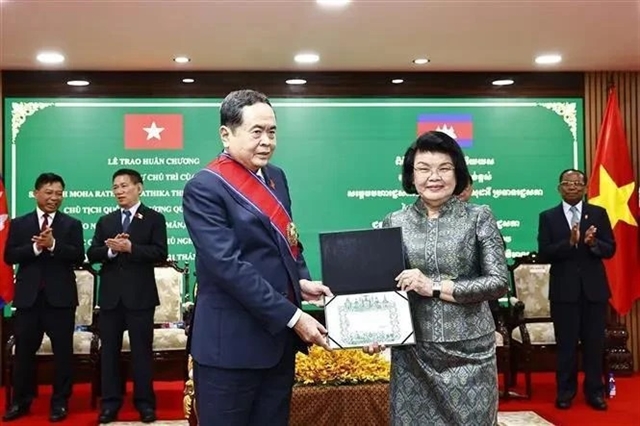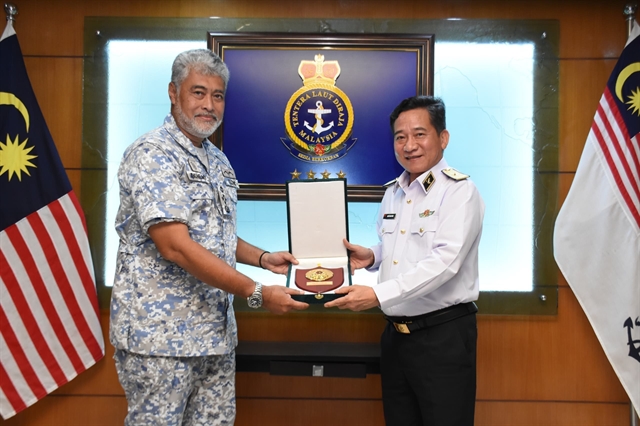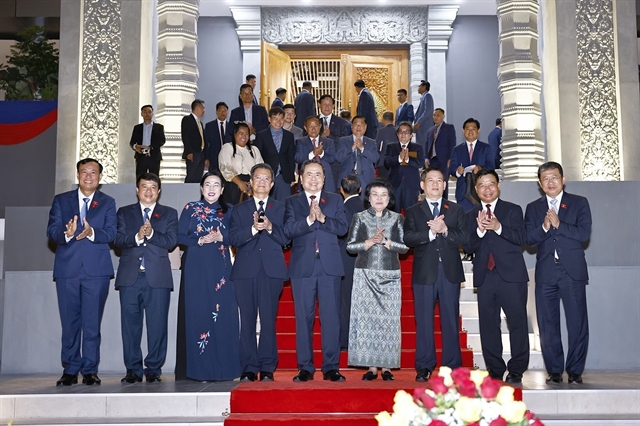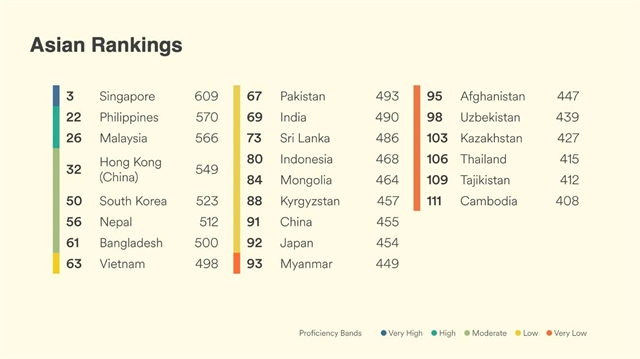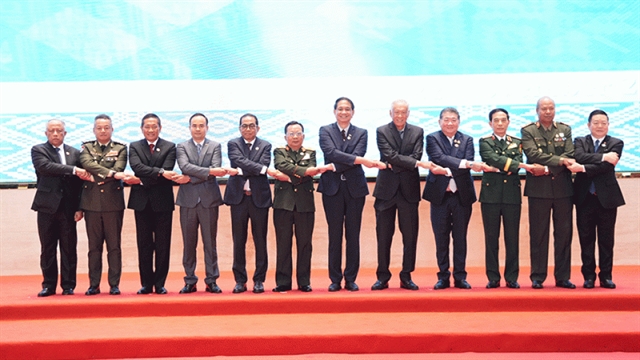 World
World
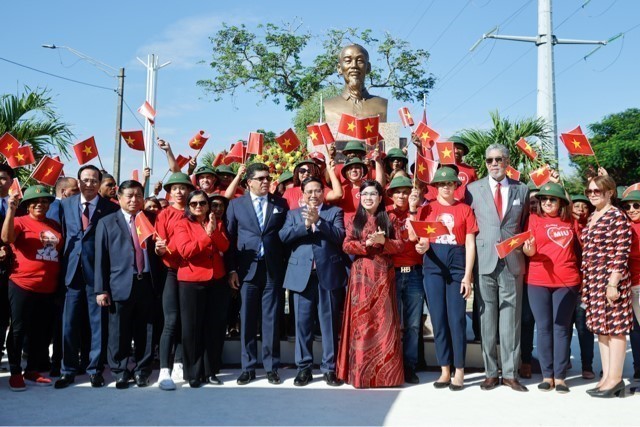
Russia's military spending fell sharply in 2017 for the first time since 1998 as a slew of Western economic sanctions hit government coffers hard, a closely followed review said on Wednesday.
STOCKHOLM — Russia’s military spending fell sharply in 2017 for the first time since 1998 as a slew of Western economic sanctions hit government coffers hard, a closely followed review said on Wednesday.
Despite soaring tensions between Moscow and the West, Russia’s military expense last year came in at US$66.3 billion, 20 per cent lower than in 2016, the Stockholm International Peace Research Institute (SIPRI) said.
The last time Moscow was forced to cut spending was in 1998 at the height of a massive economic crisis.
"Military modernisation remains a priority in Russia, but the military budget has been restricted by economic problems that the country has experienced since 2014," senior SIPRI researcher Siemon Wezeman said, referring to Western sanctions imposed against Moscow after Crimea joined Russia.
Russia’s frosty relations with NATO, which have plummeted to their lowest levels since the Cold War, are also driven by sharp divisions over the Syrian conflict and the recent poisoning of an ex-spy in the UK.
All 29 NATO allies, meanwhile, spent $900 billion on the military in 2017, which accounts for 52 per cent of total world spending, SIPRI said.
Military spending in both Central and Western Europe rose by 12 and 1.7 per cent, respectively, in 2017.
The United States, which remains the world’s biggest military spender at $610 billion, spent more on its military than the seven next highest-spending nations -- China, Saudi Arabia, Russia, India, France, the UK and Japan -- combined, SIPRI said.
The independent institute said world military expenditure reached the highest level since the end of the Cold War at $1.739 trillion in 2017.
"Continuing high world military expenditure is a cause of serious concern," SIPRI chair Jan Eliasson said in a statement.
"It undermines the search for peaceful solutions to conflicts around the world." — AFP

